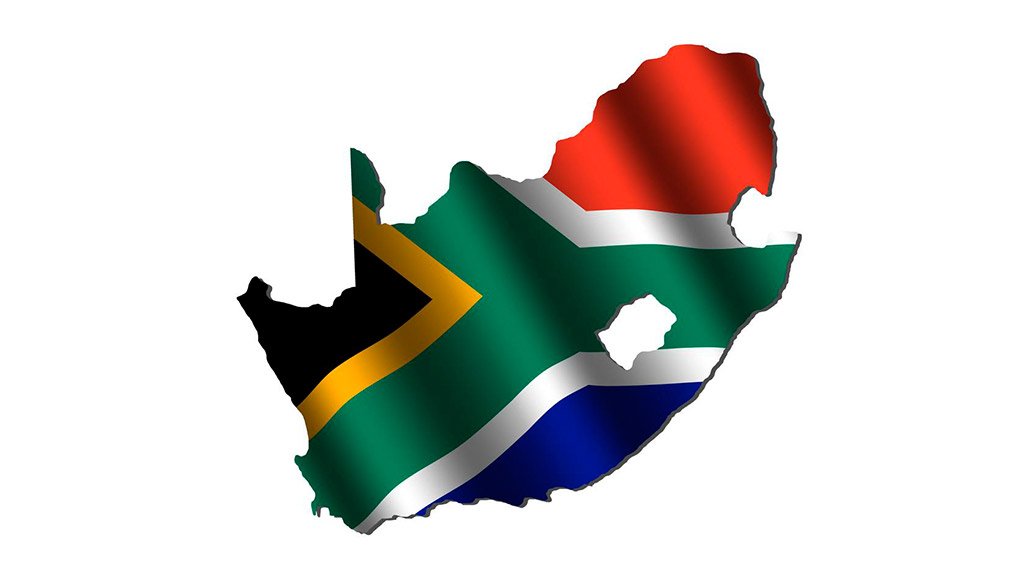Mr Panyaza Lesufi, MEC for Education of Gauteng Province,
Honourable Humphrey Maxegwana, Chairperson: Portfolio Committee on Communications ,
Mr Norman Mundzelele, Chairperson: MDDA Board,
Acting Director-Generals of DoC and GCIS,
Distinguished Guests and Members of the Media,
I am pleased to open this very important gathering.
Community Media is the original voice of our people.
Historically Community Media has been used to document the chronicles of society. Had it not been for community media as early as 1902, we would not know how colonialism infiltrated our communities.
It is because of community media newspapers like Koranta ea Bechuana’ (The newspaper of the Tswana) founded by Solomon Tshekisho Plaatje that we now understand that after the brutal conquest of the land, “Black people were made to be pariah in their land of birth”.
Through Drum Magazine, a community initiative, the likes of Can Themba and Nat Nakasa redefined blackness in time where people were told that the colour of their skin mattered more than what they had to offer society.
It was through Radio Freedom, that people learned about the liberation struggle and the image and hope that Mandela and South African’s of races would live in a non-racial society was sustained.
Community Media can be the hub of society, a catalyst for hope and change. The question that brings us all together today is: how do we ensure its survival for years to come. As established media grapples with the impact of the fourth industrial revolution in the sector.
I know that community media practitioners are equally concerned with their longevity. In some way the community media landscape in South Africa is a metaphor of our own nation, we have great potential which is not fully exercised.
Community media could be a tool for social cohesion, a budding ground for talent and a critical medium of information sharing. A country like ours which should leverage on its diversity to fully manifest itself as a nation. Community media is critical to that objective.
Despite this great potential, I have found that the community media in South Africa has a number of challenges which require both state intervention and communal intervention.
For instance in the print media sector, through a ruling of the Competition Tribunal, we have learnt that dominant firms in the market had engaged in anti-competitive behavior. The net of effect this type of conduct is that it stifles both diversity and growth in the sector.
Secondly one has found that the community media sector is riddled with governance challenges, and some instances a lack of authenticity, this too requires government intervention. Furthermore in our interactions with various community practitioners we have discovered that the question of building sustainable projects within community is often given enough attention.
These are serious issues which require government’s immediate attention, for the simple reason that media plurality is an integral part of our nation’s development. Information sharing in native languages, assists not only in developing our languages but also creating mediums for the development of content and the honing of skills for the sector. A functional community media platform sets the bar for strong broadcasting and print economic value chain.
For instance according to a study commissioned by National Film and Video Foundation revealed that creative industries have the ability to stimulate economic growth and contribute to the national development agenda, as government looks to diversify various parts of the economy as per the vision in the National Development Plan. The production of content and the broadcasting thereof has immense economic potential.
However with the advent of technology, what is becoming increasingly agile is the means of broadcast. The fourth industrial revolution has created a means for one to watch broadcasts and listen to radio on other devices other than TV and radio respectively. In the case of print media one no longer consumes news in form of a newspapers only anymore, social media and online news sites are now a means of engaging with the world around you. Community Media finds itself in this space, whilst trying to fill a void which is left by the traditionally established media platforms.
We are gathered here today to address these issues and other antecedent issues in the sector. These include but are not necessarily limited to identifying the best funding and sustainable models; addressing governance oversight, accountability, compliance and regulatory challenges. Formulating strategies to support the community media sector, within the emergence of the 4th Industrial Revolution and developing strategies on how to radically transform the media value-chain.
This is critical especially for us in this sector because we know that the fourth industrial revolution has changed the landscape of the media, especially for those in print media. Even in the mainstream media we have seen how pay walls do not result in profitability for publications. In the case of community print media digitization will have to take the form of digital literacy first. The MDDA’s capacity and ability to develop and support community print media will have to speak such issues.
Programme Director,
The Thuma Mina moment requires us to move beyond speaking about problems, we are now required to make decisions but most importantly implement with speed. This gathering happens on the back of various provincial discussions on the direction of community media. We are now here to say how best do we implement the remedies required for the sector to thrive. Sometimes to implement a solution, one will have to make hard decisions and serious tradeoffs. If we want community voices to thrive we must do exactly that.
If we want to see community media at the centre of society again in the same vain as Radio Freedom or Koranta ea Bechuana. We must not only interrogate solutions, we must implement them with great pace.
I thank you.
EMAIL THIS ARTICLE SAVE THIS ARTICLE ARTICLE ENQUIRY
To subscribe email subscriptions@creamermedia.co.za or click here
To advertise email advertising@creamermedia.co.za or click here











